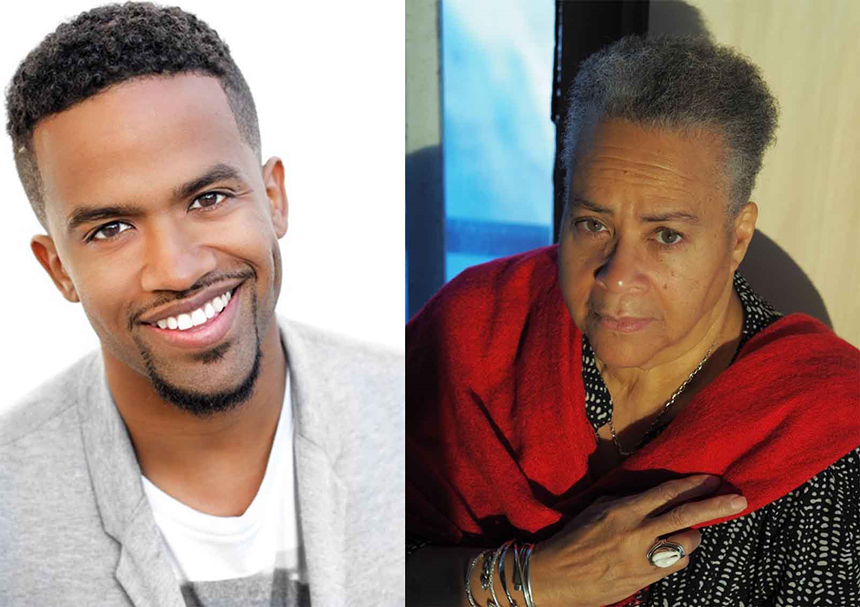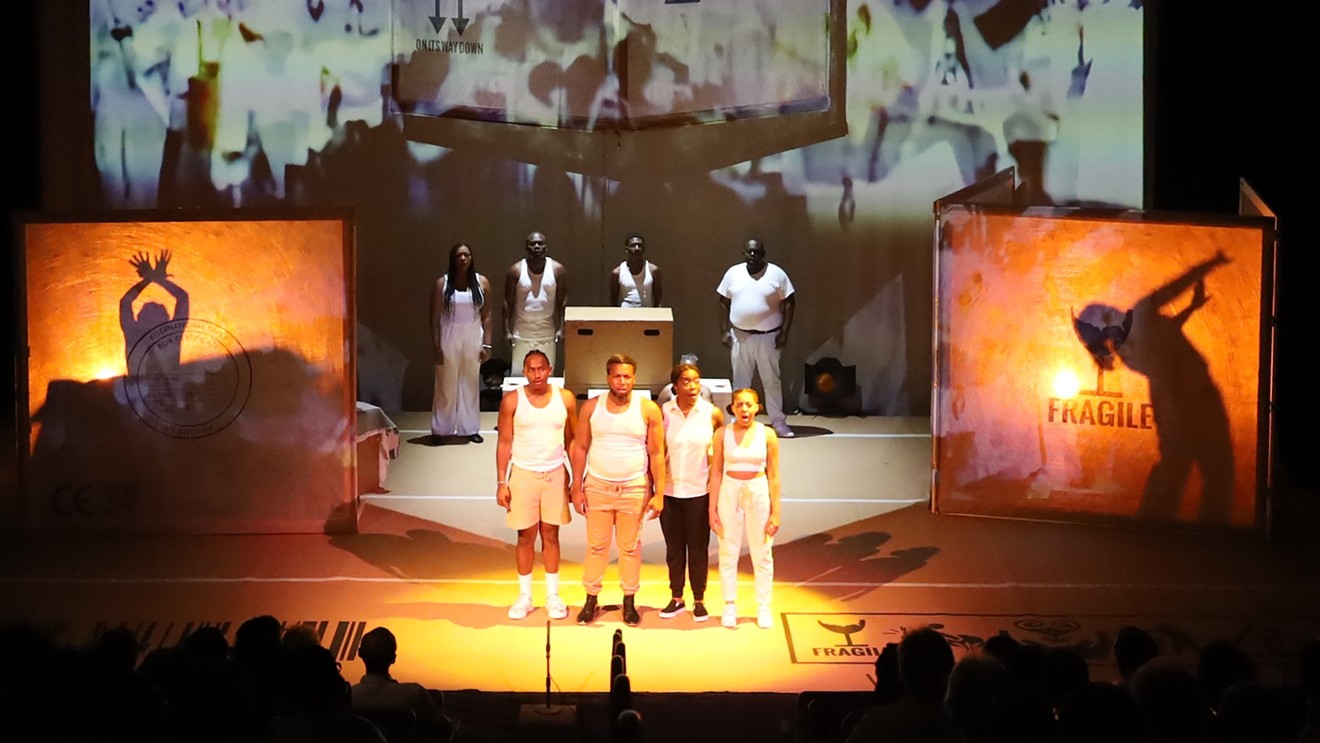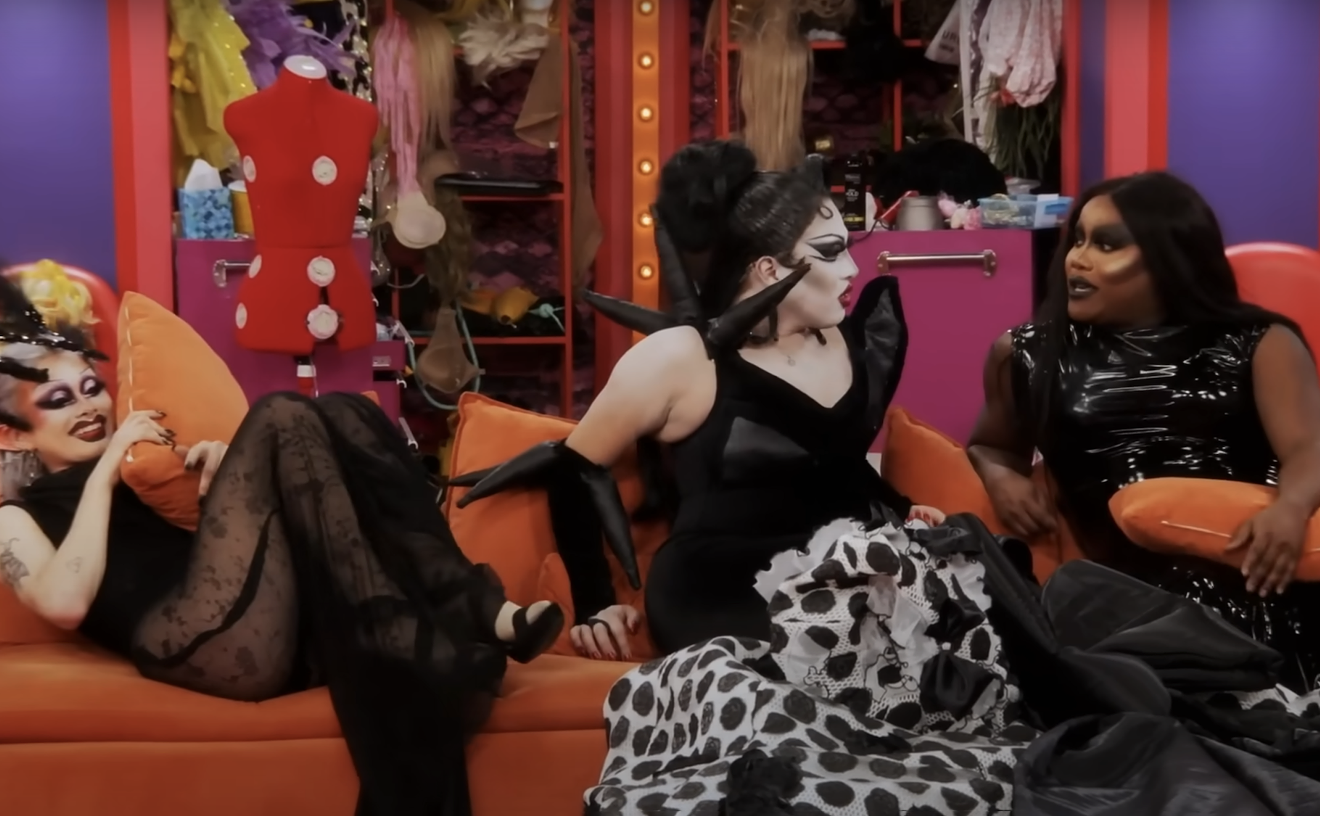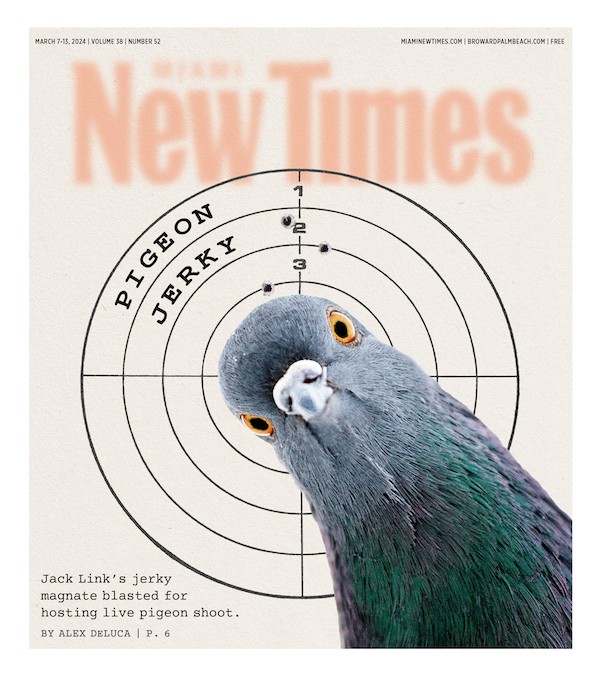Linda Parris-Bailey delves into the conundrum in her new play Yankee Bajan, playing Friday, November 3, and Saturday, November 4, at the Lehman Theatre on Miami Dade College's North Campus.
Directed by Dahlak Brathwaite with music composed by H. Stefan Walcott, the introspective performance takes an in-depth look into how one family grapples with the question of what or where home is after experiencing racial strife in the United States and then deciding to return to Barbados.
Parris-Bailey, whose grandparents immigrated from Barbados, uses the play as a theatrical outlet to give the issue a closer look, she says.
"For the past five years, I've been thinking about the African diaspora broadly, but also our relationship to that diaspora in terms of being an African-American," says Parris-Bailey, adding that she began to think about her own roots. "How immigration and migration patterns shift and change, and why people leave where they are and go to where they go. And so this is a story about a family that explores that dynamic of, 'Where do we belong? Where is home? How do I want to raise my family, and in what environment?'"
The piece, she says, was "built in Barbados," and the production is touring as part of the National Performance Network Tour Subsidy program and supported by a New England Foundation for the Arts Touring Grant.
"Miami was selected for [a stop on the tour] for many reasons," she says, one of which is primary partner Rosie Gordon-Wallace, who "believed in the concept from the very beginning," she says. "There are significant partnerships that really enabled this work to move forward."
Another, she says, is because of Miami's diverse population.
"We intentionally selected cities with significant populations from the West Indies so that we could make a deep and authentic connection with the Bajan community in the U.S.," the playwright says.
Parris-Bailey, who lives in Knoxville, Tennessee, explains that Yankee Bajan also explores the reasons why going back to one's ancestral land can prove to be an attractive option.
"There is a certain sense of self that you've gained by being in a space where you are in the majority," she says. "You see leadership. You see success. You see cultural richness. You see all of these things that are sometimes absent in a space where you are considered a minority or less than or suspect or any of those things, and I think there's a certain power in being in that environment. And I really wanted to explore that through the family."
But Parris-Bailey does not shy away from discussing some of the pitfalls that the family encounters. She points out that many times, the transplants feel that they aren't as welcome as they might think. The playwright uses scenes in Yankee Bajan as a springboard to broach a broader issue of elitism and, additionally, how those who come from the United States are often viewed by those who live abroad.
"People don't always appreciate the behavior of Americans," she says. "And we know that there are cases where that's legitimate. We have to acknowledge American privilege and that not everyone sees that privilege in the same way."

Dhalik Brathwaite (left) directs Yankee Bajan by Linda Parris-Bailey.
Photo by Justin Chu Cary and Jenny Zander
"There's a lot of intersections with my own life," he reveals. "My dad is from Trinidad. My mom is from Eritrea. I was born here in the United States, but I think I've always had an international sense of the world."
The New York-based director says as a youngster, he visited both countries.
"They gave me the opportunity to experience life outside of America and see what my own culture and heritage and lineage have to offer," says Braithwaite.
Though he jokingly concludes that he is "hopelessly American," he sees the value in how rich and complex his cultural heritage is.
"After a while, I think I just surrendered to what I have grown up to be. And there are great things about America. There are great things about our culture, and I tried to lean into that, but the idea that I could ever transcend — that I think I've actually lost hope in."
His understanding of how affecting cultures can be is why he shares Parris-Bailey's insistence on presenting the family's Barbados experience accurately.
"What we were striving for was a really authentic experience," says Brathwaite, adding that the play includes traditional dances and music from Barbados. "We were very deliberate, no matter how difficult it was, about making sure that the cast playing the characters from Barbados was from Barbados, and the U.S. characters are from the U.S."
Parris-Bailey agrees that taking measures to ensure this was key.
"This whole project was built on partnering with Bajans and Americans and people who have this work in their heart."
Parris-Bailey hopes that the play will spark discussions while ultimately causing audience members to look closely at their heritage and how that translates into where they want to be.
"We have choices," she says. "We have mobility. We have the ability to decide to be where we are. And I think that sometimes that is lost on many of us. That we think we're kind of stuck where we are."
She wants audiences to be inspired and connect with their roots through her play.
"I hope that they see the spirit of Sankofa in that we are all connected in a very significant way and that we should love and respect that. I hope that people will be inspired to make these exchanges happen."
– Sergy Odiduro, ArtburstMiami.com
Yankee Bajan. 8 p.m. Friday, November 3, and Saturday, November 4, at the Lehman Theatre at Miami Dade College North Campus, 11380 NW 27th Ave., Room 1315, Miami; 305-237-7750; koubekcenter.org. Tickets cost $20 to $25.










